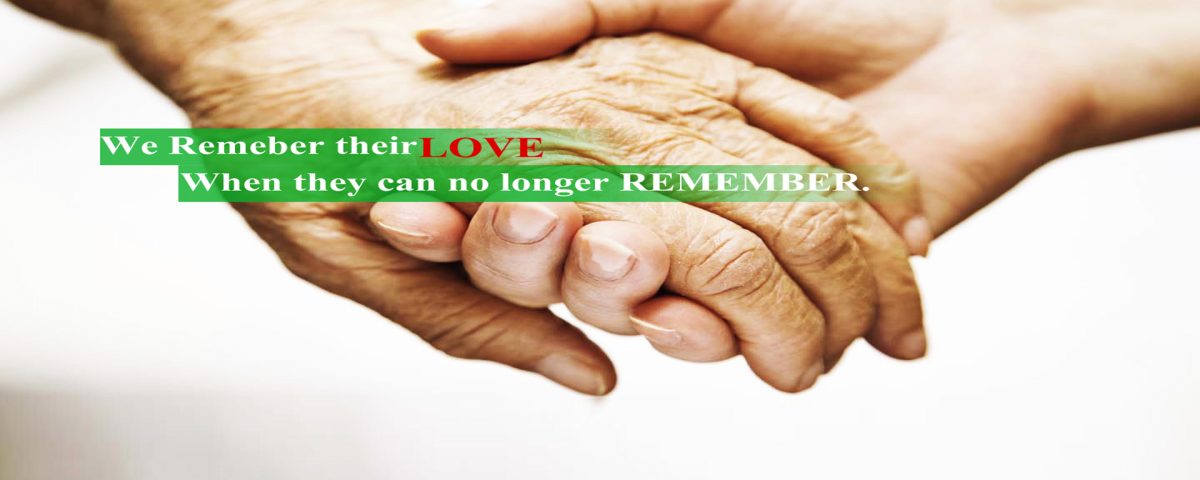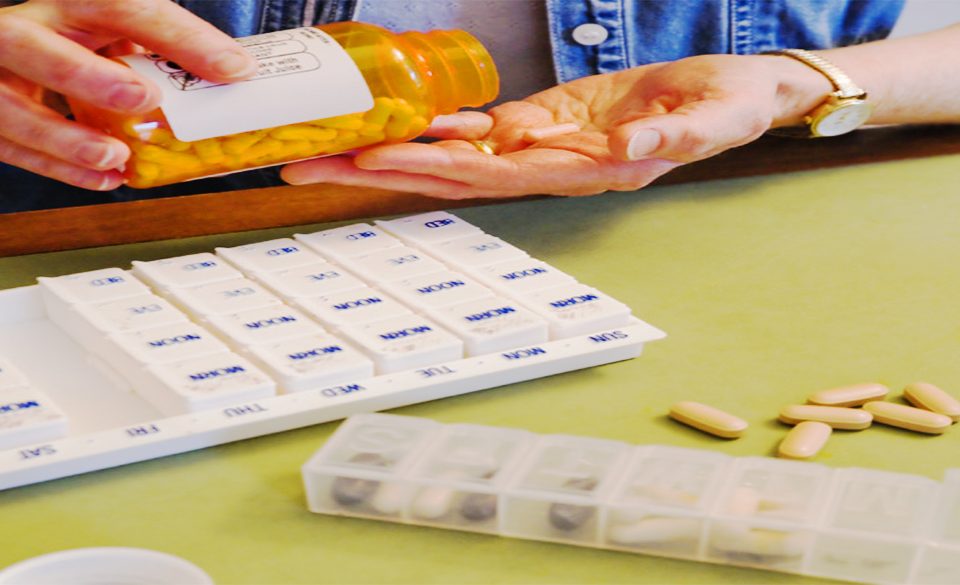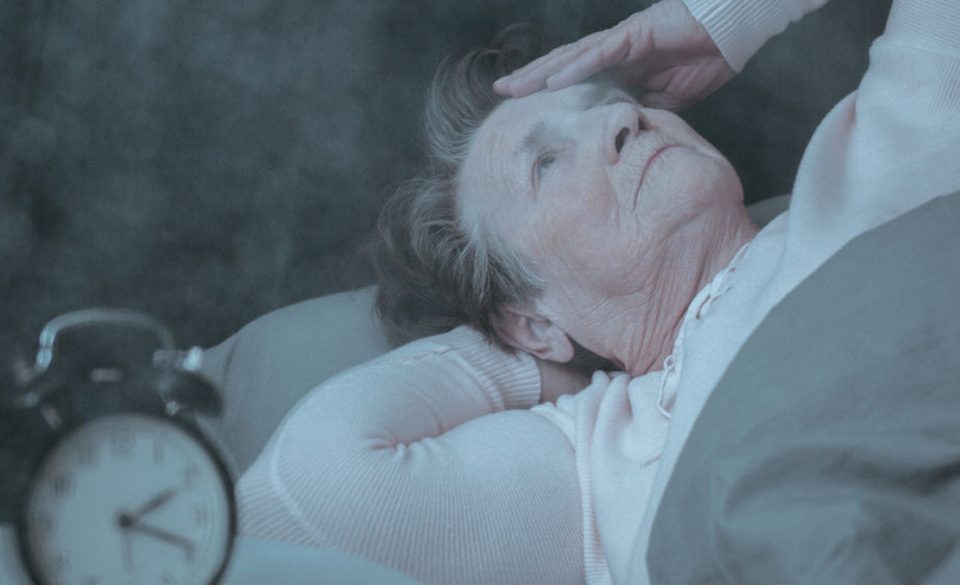Too Old To Care

Vestibulum commodo volutpat laoreet
May 8, 2014
Keeping Momma Under Your Wing
January 9, 2017Baby boomers are entering their senior years. In 2010, one-sixth of the adult U.S. population was older than 65; by 2030, about one-fourth will be. Who will take care of all these aging folks? ”whosgonnatakecareofme”, I ask this question daily. If you’re like me and many friends I know, you want to take on the challenge yourself. After all, we don’t want to put our loved ones in the hands of strangers or send them off to assisted living.
How do you know if you are too old to care for the old?
Caregiving is an exhausting job requiring physical strength, endless patience, energy and large blocks of time. You can’t waltz into their homes, grab the cleaning supplies and dump the laundry into the washing machine. Elderly patients have cognitive issues and are easily side-tracked. They can’t quickly articulate their wants and needs. The grocery list isn’t going to be prepared ahead of time. And if it is, the list will contain items they didn’t want (but thought you knew what they were thinking when they wrote it).
Loving the patient isn’t enough, although it can carry you through the tough times. Caregiving for the Elderly
As a spouse or close family relative, it’s natural to want to step up to keep your loved one at home. But for some, doing so potentially endangers your mental well-being and could make.
And when the family member, caregiver suffers from illnesses, dementia and other physical limitations, taking on the role of primary caregiver can threaten the very life of the one you want to save.
If you or someone you know is a senior trying to take care of a senior, step up and encourage them to make other caregiving arrangements.
Common tasks of caregivers:
Administer medication – You cannot make mistakes here. There’s no forgetting to refill or administer blood pressure when caregivers suffer from early stage dementia when your husband is suffering dementia, who’s around YOU all day to recognize the signs in YOUR behavior? Furthermore, seniors aged 65 – 79 can receive more than 27 prescriptions for new drugs per year –a nightmare for certified caregivers. If you accidentally combine Lisinopril and potassium, this can cause irregular heart rhythms or even death.
Executing everyday household chores – For anyone with additional physical limitations, the cleaning responsibility can prove difficult. If you have back problems, tire easily or suffer from a previous injury then simple chores like sweeping or carrying clean, folded laundry to the back of the house will tax your body faster and harder than someone. And you must ask yourself “Am I capable of taking care of my husband/wife/sibling/sister,etc. while I’m injured/sick?”
Personal care – Caregivers are expected to assist with bathing, toileting, changing clothes, etc. While these responsibilities aren’t too physically demanding, they have to be done on a daily basis. There’s no skipping out on helping someone go to the bathroom or cleaning them up properly after they have gone, nor is there much wiggle-room for negotiation on tardiness or cancellations, rescheduling on your caregiving duties.
Other parts of personal care include assistance with transfers and patient positioning. Caregivers can learn proper transfer techniques, but they do require some strength, stability and balance on the caregiver’s part. One slight, wrong move and your loved one can result in a fall that breaks a bone, bruises an entire side of the body and creates an unconfident mental state. One negative impact of low self-confidence
After a fall, when low self-confidence sets in, a patient gives up trying, which increases muscle atrophy, making the patient even more dependent on the caregiver.
Transportation – Taking an elderly patient to the doctor, church, grocery store and friend’s or any other outing is commonplace for caregivers. How comfortable are you driving? How familiar with the area are you? Include accommodations for wheelchair or handicapped
Keeping up – We all know how much harder executing everyday activities become as we age. Now, not only do you have to care for your work schedule, appointments/meetings, shopping, animal care for pet owners, you have to carry out similar activities for someone else. Furthermore, your needs become back burner items – falling second, third, or fourth in line to caring for another individual. These challenging circumstances affect you and those around you, i.e. immediate family and coworkers and supervisors.
Everything you do for yourself, you’ll most likely have to do for your loved one. Caregiving is 24/7 for spouses and nearly as demanding for family members who live within the same city.
Yes, you are a champion for wanting to help your loved one, but consider the negative consequences of caregiving.
According to Family Caregiver Alliance, whose mission is to improve the quality of life for caregivers and those they care for through information, services, and advocacy, reported the following negative impacts caregivers experience:
- Women who spend nine or more hours a week caring for an ill or disabled spouse increase their risk of heart disease two-fold.
- Elderly spousal caregivers (aged 66-96) who experience caregiving-related stress have a 63% higher mortality rate than non-caregivers of the same age.
- In 2006, hospitalization of an elderly spouse was found to be associated with an increased risk of caregiver death.
- More than one-fifth (22%) of caregivers are exhausted when they go to bed at night, and many feel they cannot handle all their caregiving responsibilities.
- Caregivers who experience chronic stress may be at greater risk for cognitive decline including loss in short-term memory, attention and verbal IQ.
- Spousal caregivers who are at risk of clinical depression and are caring for a spouse with significant cognitive impairment and/or physical care needs are more likely to engage in harmful behavior toward their loved on.
- Imagine being a son trying to take care of your mom. There are some real physiological challenges that go along with those duties starting with bathing and bathroom duties. Yes, It’s your Momma but this can be a huge hurdle.
Please, for your health and happiness, consider other alternatives than taking on the role of caregiver. Your spouse will appreciate it.




